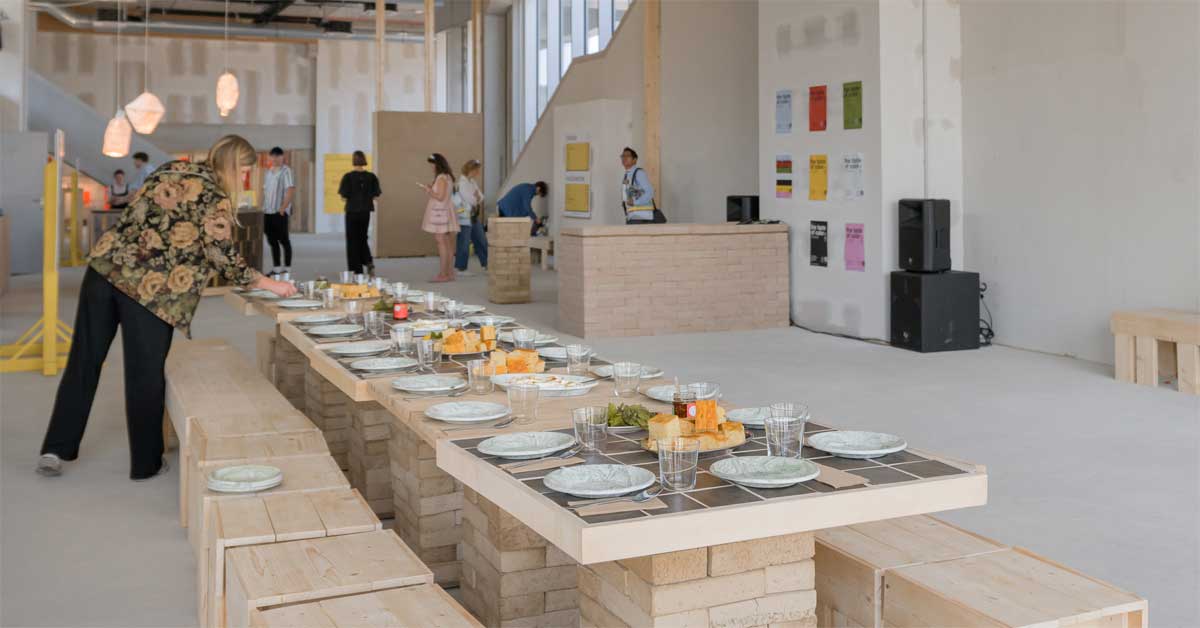

26 September 2024  In the last few days, the topic that the city of Vienna has to plan the resources for the immense number of migrants due to the family reunification of refugees, mainly from Syria, has filled the pages of the most important news publications of Vienna. Every month, about 300 adults - mostly women - with about 600 to 700 children arrive in Austria, as reported by the news publications ORF, Kurier or Heute. Most of the refugees, 70 to 80 percent, are migrating to Vienna. These women, mostly with very young two to three children, have an increased need for care, which has already prompted the activities of the government's official labor market agency to call on even older people with one foot in retirement to sign up as elementary teachers. Newly arrived women have to be relieved of their care responsibilities for children not yet of school age, because they have to take part in literacy courses, as explained on https://wien.orf.at/stories/3274293/. The topic of Vienna's schools bursting at the seams was already reported in the Austrian media several months ago. Not only do schools and kindergartens need more space and staff, there is also a growing need for housing. New concepts are needed on how Vienna can plan its resources for the new situation of large and rapidly growing families. Fashion.at browsed through the press releases and came across the information about the functional furniture made from waste material, which can be a resource-saving alternative. The furniture with materials developed in the framework of the Biofabrique Vienna project is used at the current Vienna Design Week. The Biofabrique Vienna project, which began at the Vienna Climate Biennale (Fashion.at reported; article), transformed waste materials into functional furniture especially for the festival's headquarters. The project used clay from the expansion of the city's public transportation system and waste from the Ströck bakery for bricks to create eco-friendly, modular furniture consisting of tables and benches made from reclaimed wood and the mentioned bricks for the canteen and lounge area. This initiative demonstrates how urban waste can be transformed into design objects, moving from theory to practice. The canteen features tables, benches and bar counters made from sustainable materials. The seating and tables, designed by Viennese collective Studio dreiSt., use a modular system that allows for easy reconfiguration depending on the event. These pieces can be adapted for casual seating as well as formal arrangements for workshops or meetings. The bar counter is covered with tiles glazed with carbonate of lime, a byproduct of sugar beet processing, while the bricks and furniture incorporate clay from excavation projects and reclaimed wood from past exhibitions. The press release explains that the materials meet strict hygiene and stability requirements, ensuring their practical use in a busy festival environment. One of the highlights of the Biofabrique canteen with its waste furniture by studio dreiSt, commissioned by Vienna Design Week and the Vienna Business Agency, is the upcoming dinner party 'Food Banquet - A Sumptuous Feast' on Saturday, September 28 at 7 pm. This culinary experience, entitled 'The Taste of Color', is priced at €155, which includes six courses and accompanying drinks. Interested participants can register online through Karma Food at https://www.viennadesignweek.at/en/programme/biofabrique-canteen/. Image: The picture shows the Biofabrique canteen with furniture made of Viennese waste at the festival headquarters of Vienna Design Week 2024. Photo: © Vienna Business Agency, eSeL.at Joanna Pianka. |